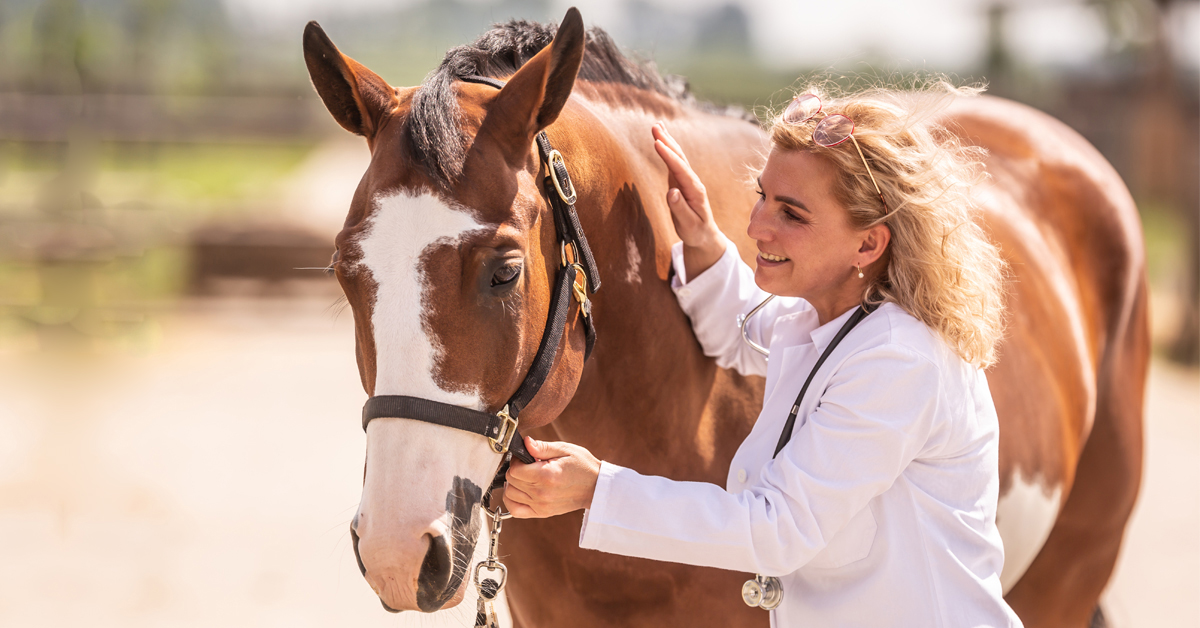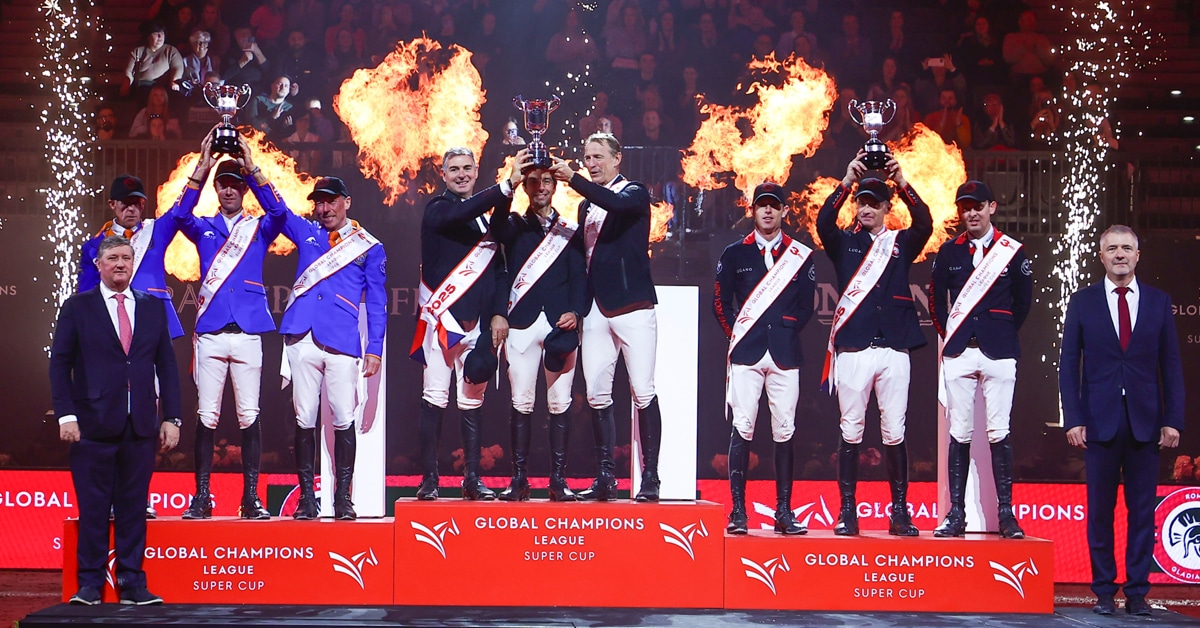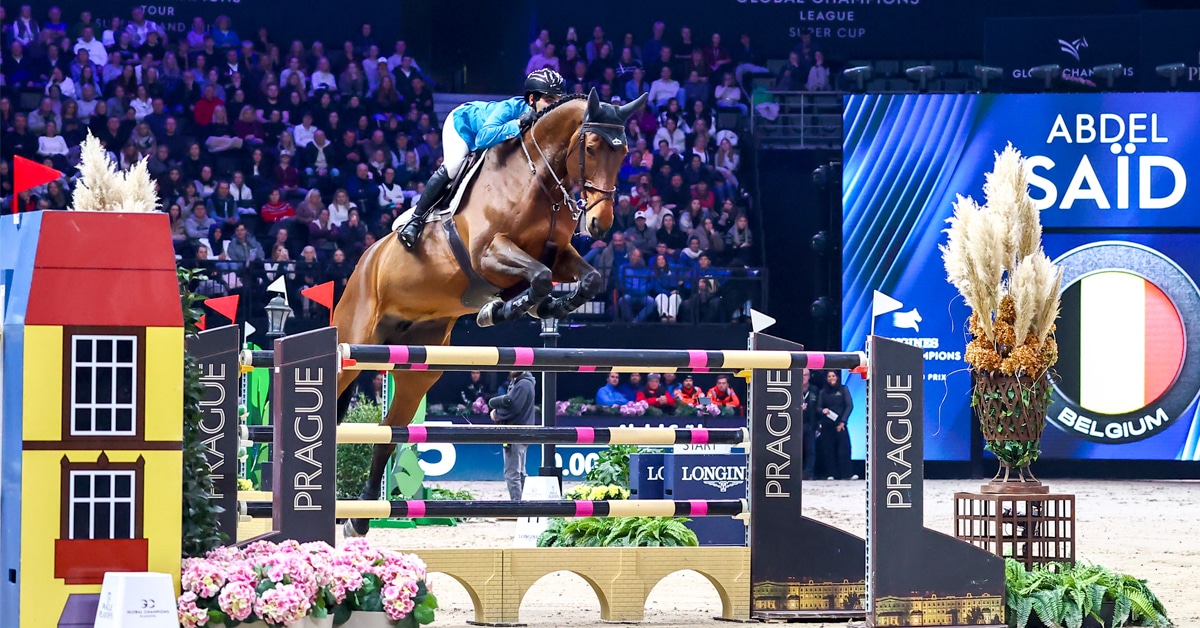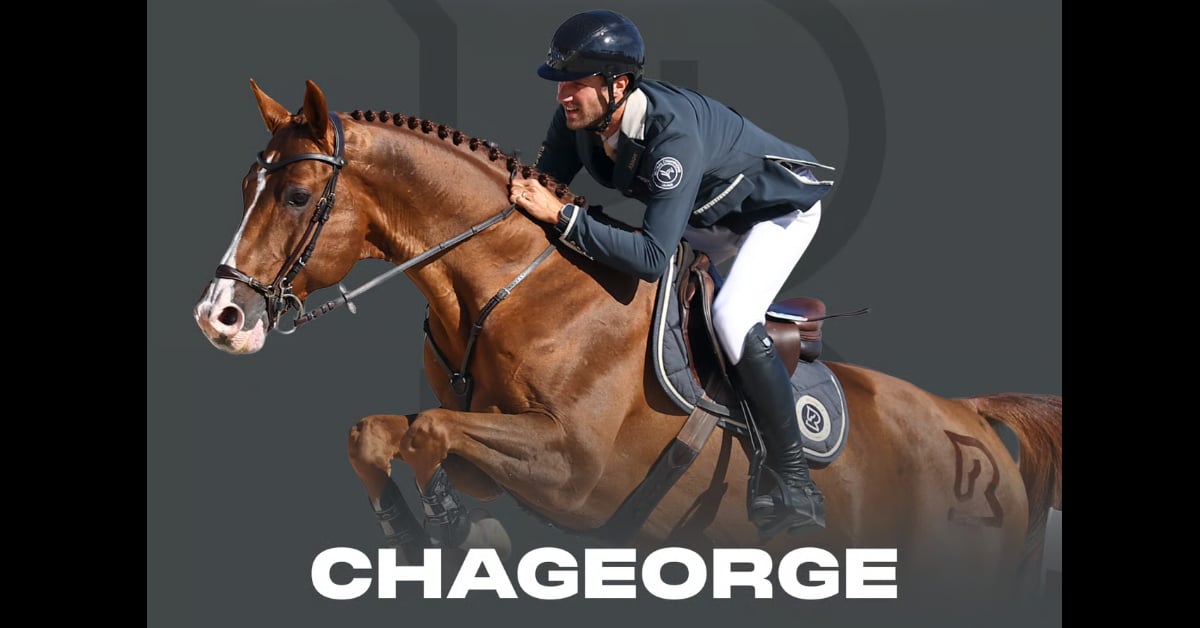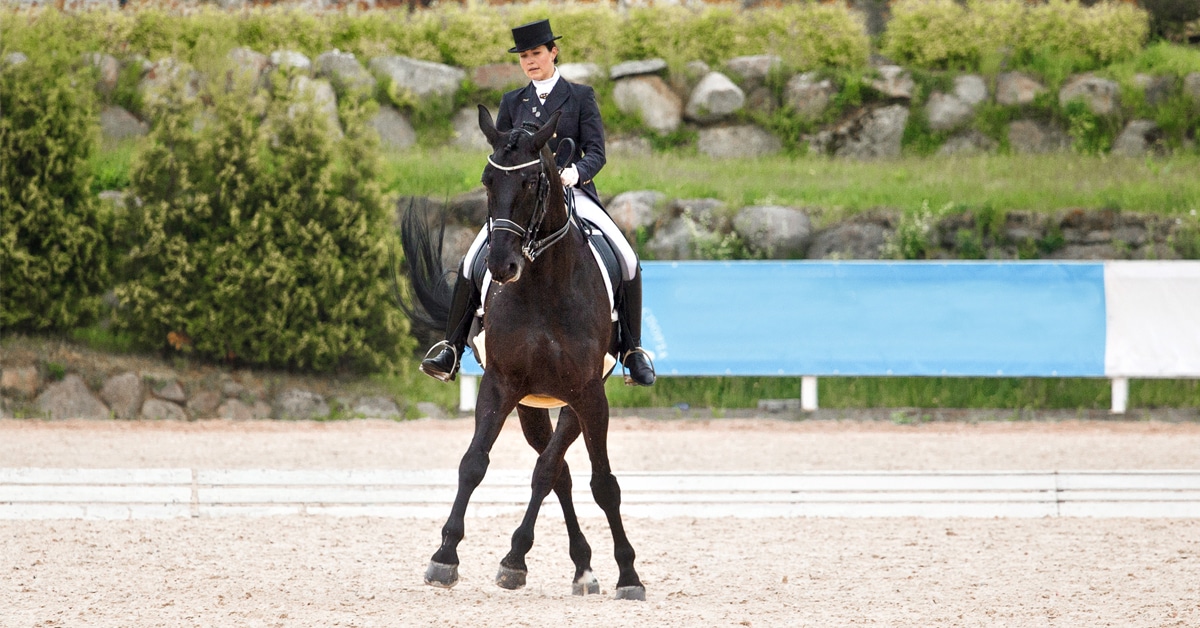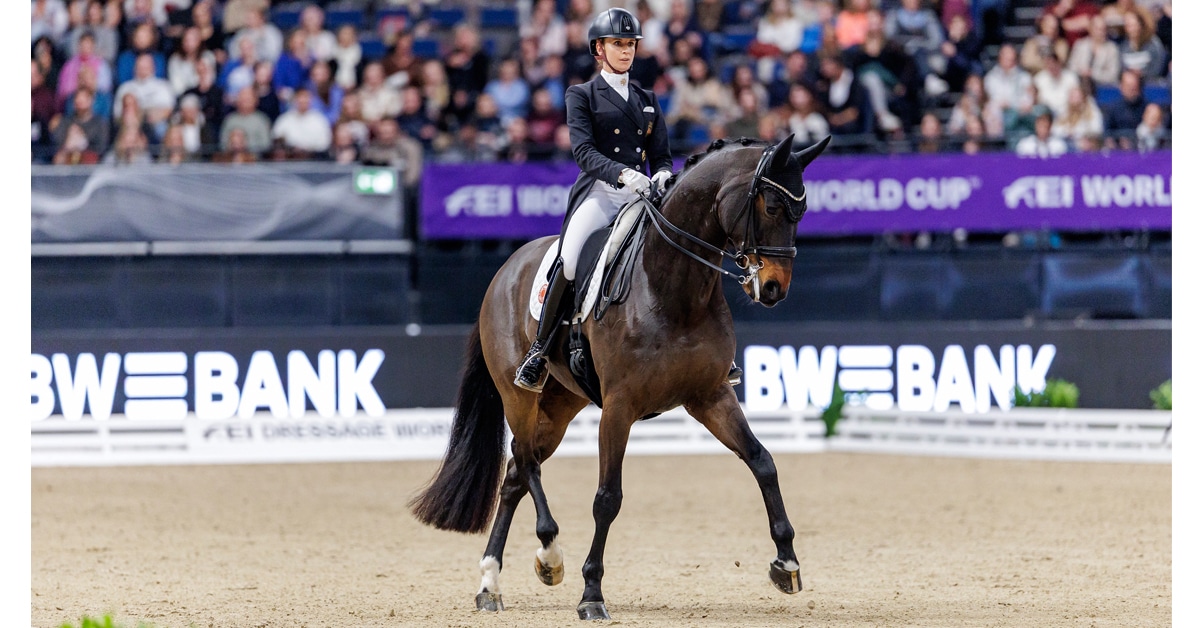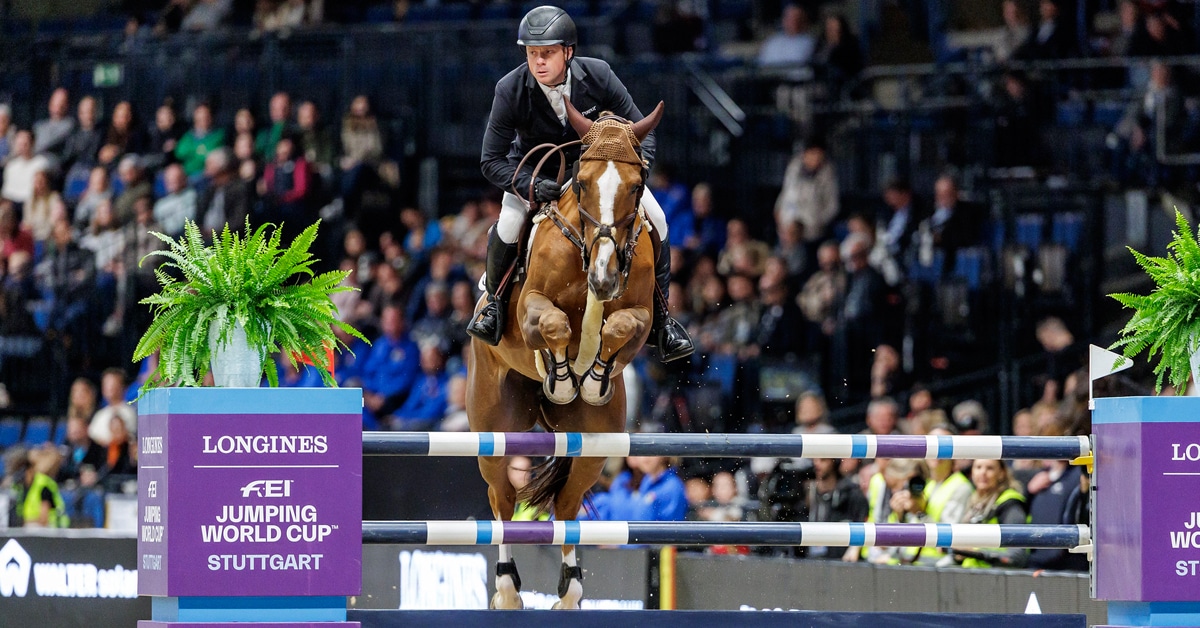The FEI has welcomed today’s announcement by the International Paralympic Committee (IPC) Governing Board that Para Equestrian has been included in the Paralympic Programme for Los Angeles 2028.
The result of an extensive review process which started in January 2022, Para Dressage will feature alongside 21 other sports confirmed by the IPC Governing Board when Los Angeles hosts the Paralympic Games in five years. The inclusion of an additional sport, put forward by the LA 2028 Organising Committee for the Olympic and Paralympic Games, is still under consideration with Para Climbing and Para Surfing strong contenders. A decision is expected to be made by the end of 2023.
The Paralympic Games will be held from 15 to 27 August 2028, following the Olympic Games which are scheduled to take place from 14 to 30 July. While 2028 will mark the third time that the Olympic Games will be held in Los Angeles after the 1932 and 1984 editions, it will be the first time the city will host the Paralympic Games.
Para Dressage is the only equestrian discipline included in the Paralympic Games, where it has been a regular fixture since 1996. Conducted under the same basic rules as able-bodied Dressage, male and female Para Dressage athletes compete as equals and are classified according to the level of their impairment.
People with similar functional abilities and profiles are grouped into five competition Grades (I to V). The horse has to perform at a walk in Grade I, the trot is added to Grades II and III, and the canter in Grades IV and V.
Each horse and rider combination is required to follow a prescribed pattern of movement, with the only exception being the Freestyle which is specifically choreographed for each horse and is performed to music. Success in equestrian sport is not based solely on technical ability, but also depends on the strength of the emotional bond that exists between the horse and human athlete.
“We are ever so proud to have Para Dressage included in the Paralympic Programme for 2028,” FEI Secretary General and President of the Association for Paralympic Sports (APSO) Sabrina Ibáñez said.
“With its long-standing equestrian tradition, the USA has developed over the years as a country with sustained equestrian excellence on the international stage. And Los Angeles, with its stunning sports backdrop of the Santa Monica Mountains and its state-of-the art competition and training facilities, is the perfect venue for the Paralympic Games.
“But Los Angeles is also a city with a strong commitment to diversity and inclusion which is also high on the agenda for our International Federation. Equestrian has always been an accessible sport, and the para community know full-well the immense power of the horse for people with disabilities.
“The Paralympic Games in Tokyo 2020 marked a turning point for our sport with higher than ever scores being reached and an increase in the degree of difficulty of tests. That there was not one single riding school horse present in Tokyo, was itself testimony to the growth and development of the sport.
“We hope that Para Dressage will reach even greater heights in Los Angeles and that the people coming to see Para Dressage in action will leave with some understanding of the passion that drives our sport.”
The FEI was one of the first international sports governing bodies to govern and regulate global para sport alongside its able-bodied disciplines when Para Dressage joined its ranks in 2006. The Para Equestrian Committee was created in 2006 when the governance of Para Equestrian passed from the International Paralympic Committee (IPC) to the FEI. At the same time, the FEI also created the Athletes’ Committee for all FEI disciplines (able-bodied and para), with 14-time Paralympic gold medalist Lee Pearson becoming its first Chair.
Over the years, there has been more integration of Para Equestrian sport into the FEI Governance and World Championship structures, which has raised the profile of Para Sport alongside the FEI’s other disciplines.
At the 2020 FEI General Assembly, the Chair of the FEI Para Equestrian Committee became a voting member on the FEI Board, ensuring that Para Sports has a place at the top table’s discussions alongside able-bodied disciplines.
Other governance related initiatives included in the FEI’s host bidding requirements, require world and continental championships for para athletes and able-bodied athletes to be held at the same venue. A handbook is currently being created by the FEI to assist Organising Committees with accessibility planning at equestrian Events.
The FEI Solidarity and Para Dressage Departments have worked together to create the FEI Para Dressage World Challenge series, a development programme in place since 1 January 2023. The Series aims to give athletes, who are unable to participate in international events due to financial or geographical reasons, the opportunity to compete in events in their own country. These competitions are in place to help National Federations develop Para Dressage, and close the gap between National and first level international competitions.
While these top-down initiatives have been important to the development of Para Equestrian within the FEI’s structures, it has also had a positive impact on the general attitudes towards disability and inclusion within the equestrian community more generally.
The FEI’s online Para Sport magazine – The Para Equestrian Digest – launched in February 2022 was created for Para Equestrian athletes and the people connected to the sport so they can share, in their own words, their personal experiences and disability stories. The Digest puts the spotlight on an athlete or project in Para Equestrian sport with the aim of increasing visibility for the sport and improving disability awareness and inclusion.
More News
